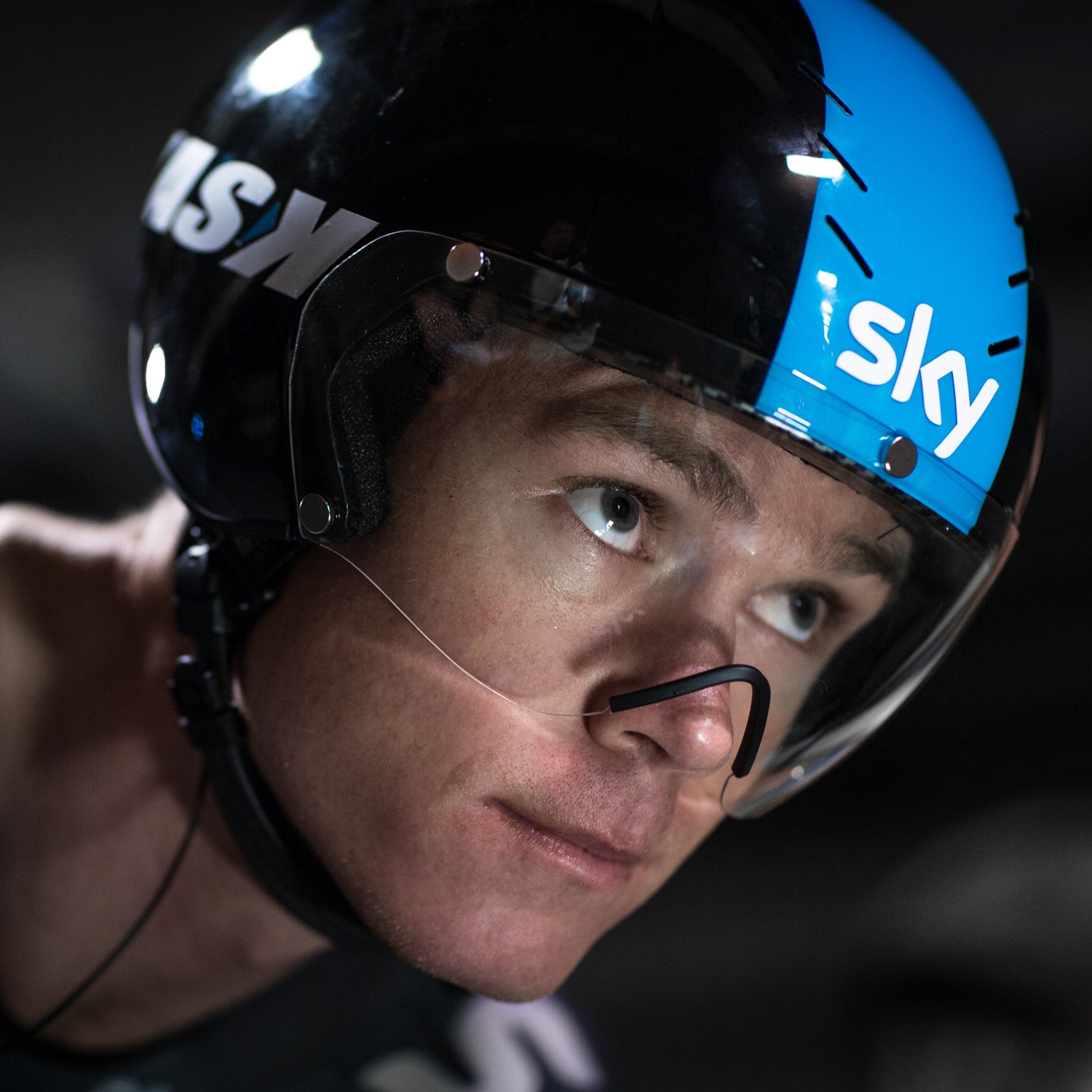Following on the Cycling Independent Reform Commission report that was published last week, the UCI announced new anti-doping measures on Friday.
The changes come amid criticism of the report, with people arguing both that CIRC didn’t involve enough pro riders and that its findings don’t provide an accurate snapshot of the current state of doping in the peloton. The new measures must be seen as the UCI’s effort to show that it’s taking the issue seriously.
“I am absolutely determined to use the CIRC’s report to ensure that cycling continues the process of fully regaining the trust of fans, broadcasters and all the riders who compete clean,” said UCI President Brian Cookson in a release announcing the new measures. “We value the recommendations of the CIRC and have now established an internal task force to ensure the recommendations are properly followed up.”
involve increasing collaboration with stakeholders and anti-doping authorities, including national agencies, in order to improve the processes for catching dopers. However, a handful of practical changes were announced as well, namely re-launching a whistleblower program that compels riders and team members to report doping if they know about it, speeding up the prosecution and decision-making in biological passport cases, and building a more comprehensive storage and retesting strategy to keep the pressure on cheaters.
Perhaps the most interesting—and controversial—measure is the UCI’s decision to support 24-hour testing “where it is necessary and proportionate.” That means riders could be woken during the night to undergo doping controls, a strategy that might better root out pros who are micro-dosing, but one that has also raised the ire of some cyclists.Â
“We’re controlled from six in the morning till 11 at night,” Adriano Malori when he was asked about nighttime testing after winning Stage 1 at Tirreno-Adriatico. “Doing six hours (on the bike) and then facing another five hours the next day, I don’t think it’s right to be controlled at night, too. There should be some respect for our work.”
However Tour champ Chris Froome : “I for one welcome 24hr testing. It may be an inconvenience but if it can help clean up the sport that I love lets do it.”
Froome is one of only two current pros to publicly acknowledge speaking to CIRC (the other was Alberto Contador), and his stature means his comments, which he addressed directly to Brian Cookson, are likely to carry some weight.
The Briton also sits at the center of another UCI reform: the reinstatement of the organization’s Therapeutic Use Exemption (TUE) committee, which administers case-by-case decisions to legally permit riders to use banned substances for medical conditions.
Froome was granted a TUE last June to take the corticosteroid prednisolone as a treatment for a mild chest infection while racing the Tour de Romandie. It was later revealed that the Briton’s TUE application had been fast-tracked and was approved by only one medical advisor, Dr. Mario Zorzoli, though the UCI rules state that all TUEs should be approved by a panel of three doctors. Subsequently, a UCI investigation found no wrongdoing in the case but committed to restore the three-person panel protocol and bolster the .
on the heels of the UCI’s new rules, Froome was adamant that any means of control that could help clean up the sport, including testing between 11 p.m. and 6 a.m., should be explored. “I believe that the sport has to do everything it can to tackle doping,” he said.


